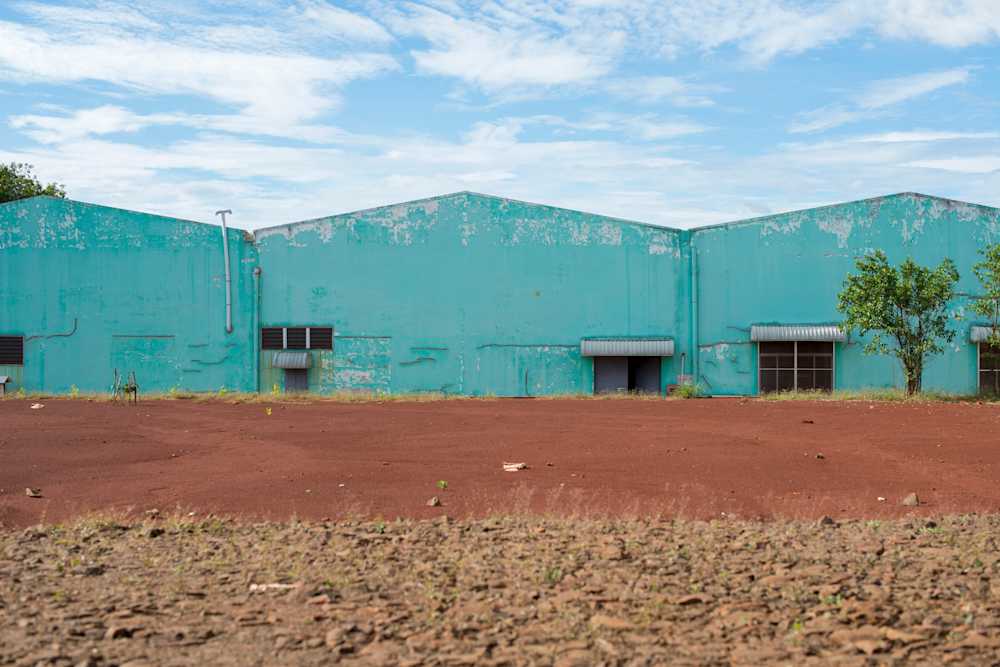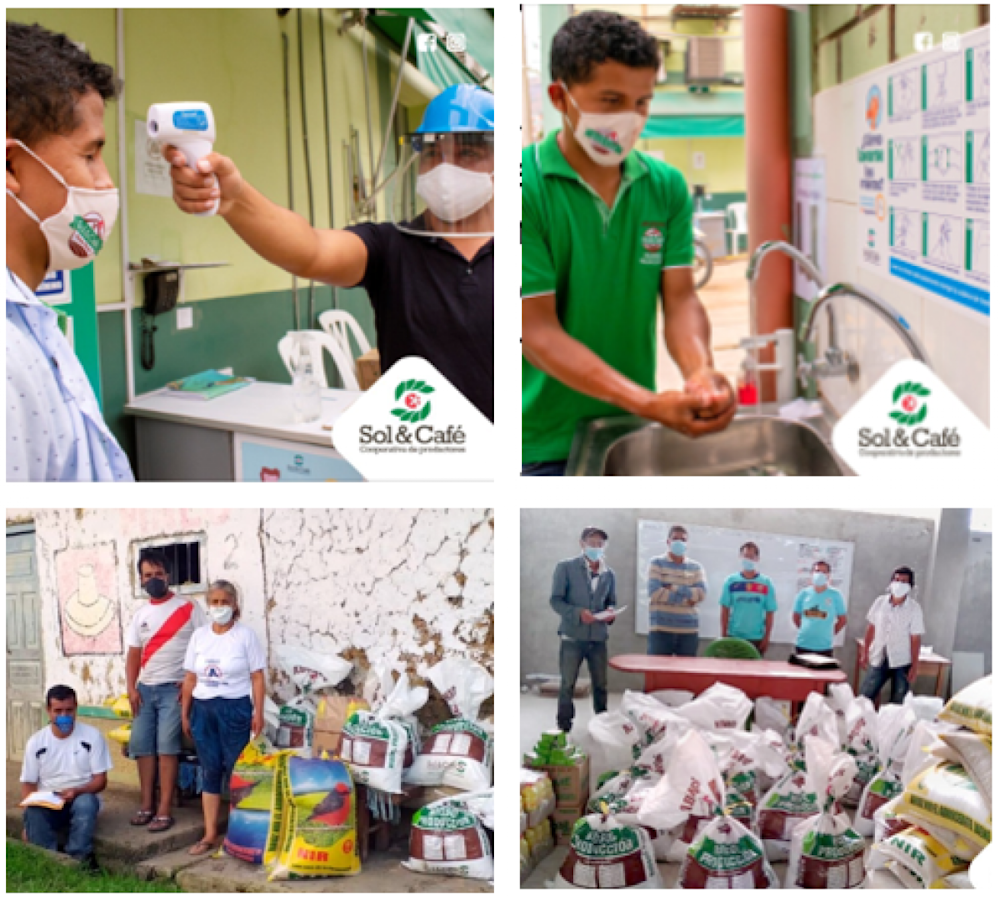Covid-19
The supply chain must go on: maintaining sustainable food and agriculture during Covid-19
From operational challenges to cargo delays, portfolio companies in sustainable food and agriculture have been both agile and creative to weather the crisis.

It is no surprise that lockdown measures threatened agricultural supply chains globally. In South America, for instance, while commercial ports were functioning normally, delays occurred due to the lack of air carriers necessary for sending paperwork and product samples. In East Africa, various governments allowed the processing of agricultural commodities, including coffee, cashews and sesame. However, as public transport was not available, processing companies needed to either house their workers inside the factory premises or arrange accommodation in the vicinity for them to commute easily. Cargo movements across all East African borders were allowed (under strict health check-ups) and the two main ports remained operational. However, the availability of cargo vehicles became a bottleneck. While this led to disruptions and operational challenges for responsAbility’s portfolio companies, the adjustment to restrictions happened swiftly.
An Egyptian portfolio company, specializing in pickled products, adapted rapidly to changing consumer demand after its production capacity was halved because teams had to be split into two shifts. It succeeded despite this by switching its wide range of products normally exported to large US brands into local retail products.
Other portfolio companies actually benefited from the consequences of the lockdown due to the increase in specific commodity prices. Despite an overall fall in world food prices from March to May, resulting from the plunge in oil prices, our coffee portfolio companies benefited from rising coffee prices as high-quality Arabica coffee was in short supply and coffee roasters were worried about disruptions to shipments and thus advanced their orders.
Sanitary measures to protect workers at portfolio companies has also been paramount. For instance, a cashew processor operating in Burkina Faso with 1,500 staff implemented a range of measures: they employed two nurses to check temperatures and ensure proper hand sterilization at the factory gate; they installed temporary latrines and sinks at the warehouse to maintain separation between farmers, drivers, warehouse workers and factory workers; the canteen and childcare facility was shut down and these staff members were employed elsewhere; they purchased 5,000 litres of alcohol and 3,000 washable face masks and trained staff on sanitary measures; they recruited two hygiene teams to sterilize surfaces at regular times; the number of workers on site was divided by two to comply with the distancing regulations; and an overnight shift was implemented with a temporary bonus for workers in case of sickness to ensure that they were not incentivized to work.
To overcome the financial challenges raised by lockdown measures, responsAbility offered loan restructuring options to portfolio companies facing liquidity constraints. We also provided them with technical assistance to help them recover rapidly from the crisis, most notably in Peru, which has been hit particularly hard by the crisis and is going through one of the longest lockdowns in the world.
As lockdown restrictions have been slowly eased since May, the production, processing and export processes have resumed almost completely in our focus countries. The prices of agricultural products have recovered and stabilized, enabling food companies to operate more smoothly. The loosening of restrictions across Asia and Europe is supporting the consumption of the key agricultural products that we finance, mainly coffee, cocoa and cashews. The demand in coffee has already resumed as coffee shops have reopened in China and restrictions have been loosened in Europe. While cocoa prices are expected to remain low as the demand for chocolate confectionery may decline following an economic recession, our cocoa investees in West Africa are benefitting from guaranteed minimum prices and are protected from any sharp price decline. Despite the crisis, the demand for cashews in the main destination markets, namely the US and the EU, has continued to increase this year compared to previous years.
How a leading Peruvian coffee cooperative successfully managed the Covid-19 crisis
Sol & Café is one of the largest Peruvian coffee cooperatives, managing to collect and export high-quality coffee for over 17 years. As a high impact organization, it operates in rural areas where income levels are low, such as Cajamarca, where up to 50% of the population lives below the poverty level. The cooperative includes 1,151 active members, all of whom are small producers of Fair Trade, organic coffee.

The Covid-19 crisis has raised multiple challenges for the cooperative, especially during the harvesting season. But the cooperative has been quite resilient. First, the potential shortage of manual labour could have lead to a reduced collection of parchment coffee. But the members of Sol & Café could apply for “mingas”, i.e. collective agricultural work for the benefit of the community.
Second, delays could have occurred during processing, transport and export due to the restrictions on operational hours, reduced staff, container shortages, and extended waiting times at the port. Again, the collective effort of the cooperative minimized such delays even during the most strict and complicated weeks of the lockdown.
Finally, as Sol & Café is concentrated in the certified coffee sector rather than the specialty coffee sector which has been the hardest hit, the cooperative had little to no dip in sales and has maintained a large range of buyers to replace contracts if necessary. It was also quite proud to note that its main buyers reiterated that Sol & Café is their first option for Peruvian coffee.